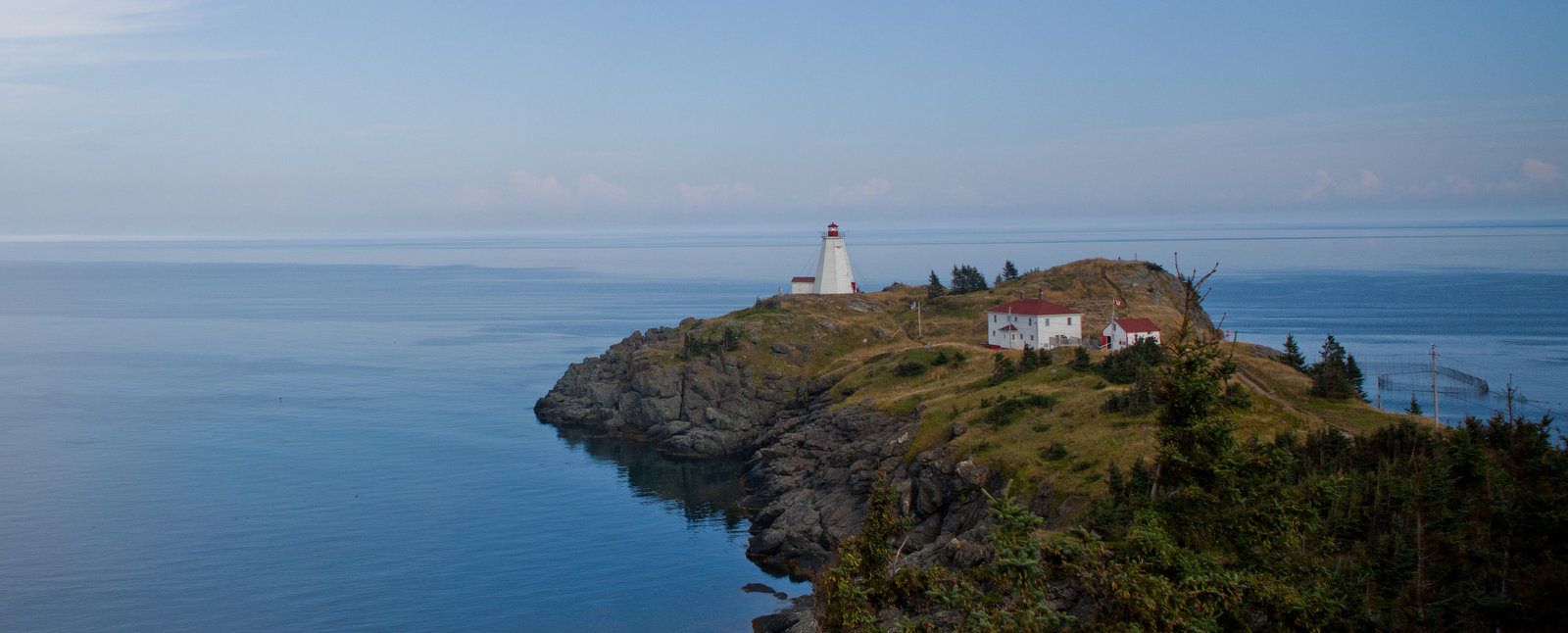 CALGARY, AB, Oct 3, 2014/ Troy Media/ – In the recent New Brunswick election, an unremarkable engineering activity apparently took front and centre: hydraulic fracking for natural gas, popularly known as fracking.
CALGARY, AB, Oct 3, 2014/ Troy Media/ – In the recent New Brunswick election, an unremarkable engineering activity apparently took front and centre: hydraulic fracking for natural gas, popularly known as fracking.
The outgoing premier, David Alward, was clearly in favour of fracking. He campaigned on the theme that resource development, specifically shale gas development, would bring much-needed jobs to New Brunswick.
Little risk from hydraulic fraccing
In contrast, incoming premier Brian Gallant, promised “a moratorium on hydraulic fracturing until risks to the environment, health and water are fully understood.”
The pundits and pollsters will sort out how much of each party’s vote share was influenced or not by the fracking issue. But on the safety of fracking, the preponderance of evidence suggests that risks, while real, are readily manageable.
Take water pollution, a key concern about hydraulic fracturing. A recent review in the journal Science concludes that, “Since the advent of hydraulic fracturing, more than one million hydraulic fracturing treatments have been conducted, with perhaps only one documented case of direct groundwater pollution resulting from injection of hydraulic fracturing chemicals used for shale gas extraction.”
Also, there have been over 175,000 wells fracked in Canada, again, without conclusive evidence of significant harm to the environment.
In addition, for New Brunswick, the proposed fracking is for natural gas. For those who want to demonize coal, natural gas is an improvement over both conventional pollutant emissions and greenhouse gas emissions. Generating power with natural gas (rather than coal) results in significantly lower emissions of nitrous oxides, sulfur dioxide, and mercury compounds. And electricity from natural gas produces less than half the greenhouse gas emissions generated from coal.
Politicians are free to ignore the science, safety and history of hydraulic fracturing. But if the incoming New Brunswick government sticks with its election promise, it will be outlawing (temporarily, at least) one of the more innovative ways to extract oil and gas in the 21st century.
Real opportunities are foregone when provinces close the door on energy exploration. For example, last year New Brunswick’s estimated known shale gas reserves amounted to 15 trillion cubic feet, good for a 350-year in-province supply based on current residential, industrial and commercial use in New Brunswick.
Then there is the unrealized revenue potential.
In New Brunswick this year (2014/15), resource revenues will account for just $94 million, all of it from mining and forestry. That is just 1.2 per cent of New Brunswick’s $7.7 billion in total revenues.
Compare that to Newfoundland and Labrador, which will garner an estimated $2.5 billion in resource revenues (including mining taxes and royalties) this year, comprising 38 per cent of the province’s total $6.5 billion in revenue.
Why the wide resource revenue gap between these two Atlantic provinces? Because Newfoundland and Labrador long ago allowed its resource sector to flourish. Now, its marginal tax rates are the lowest in Atlantic Canada. And for the last five years, it’s been a “have” province in the federal equalization system.
New Brunswick, however, has chosen a different route, foregoing the potential windfall. In 2013, former New Brunswick premier Frank McKenna estimated that development of the shale gas industry could result in $7 billion in royalties and tax revenues for New Brunswick (he did not specify a timeline).
New Brunswick giving up on jobs
On the job front, until an industry is allowed to develop, no one can say whether five or 5,000 jobs would result. But a moratorium on fracking does provide a precise number of potential new shale gas jobs in New Brunswick: zero.
Another comparison: South of the border, Pennsylvania is home to a shale gas boom in the Marcellus region, and that has helped create jobs.
According to the Pennsylvania department of Labor and Industry, direct jobs attributable to the shale gas sector in the state (at the end of 2013) were estimated at more than 28,000 (up from 16,000 in 2009). The average wage for those directly employed in the industry was US$90,003.
Newfoundland and Labrador is reaping benefits from conventional oil production. Pennsylvania has benefitted from tapping into the Marcellus gas discovery. The science and risk-reward ratio are both on the side of hydraulic fracturing. The potential for a more dynamic economy is staring New Brunswick politicians in the face.
Kenneth Green is the director of Natural Resource Studies, both with the Fraser Institute.